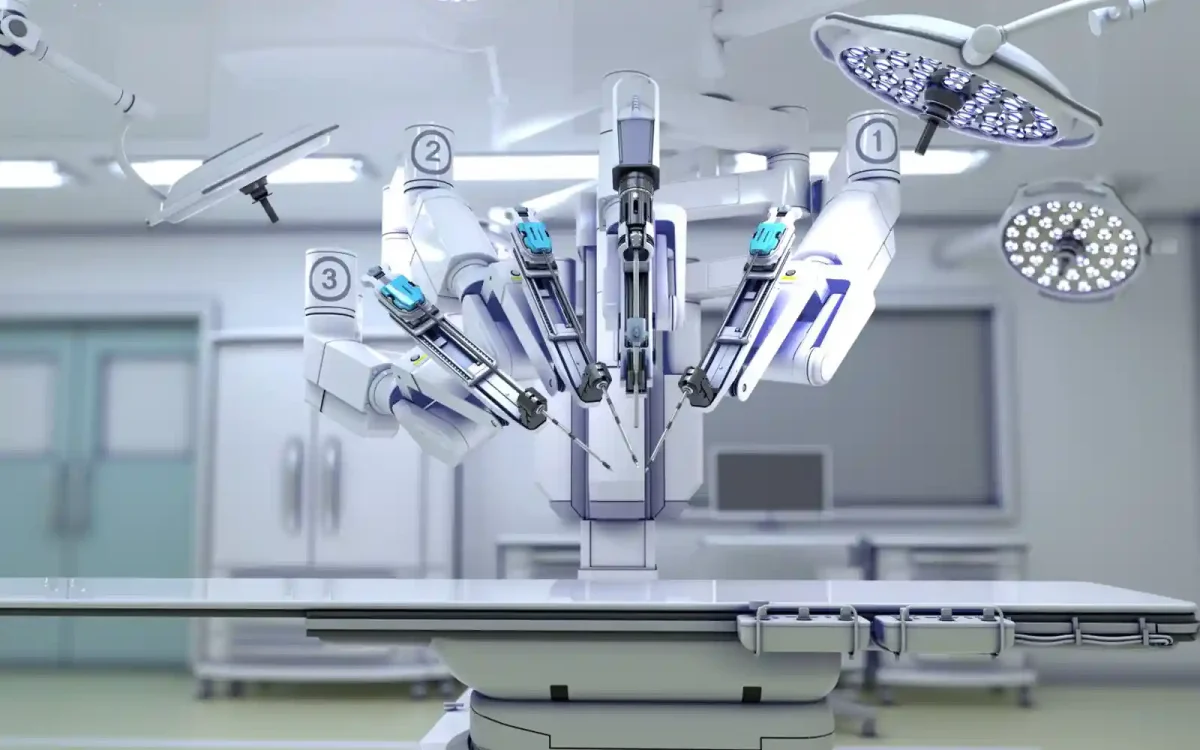Previous articles in this series were patient-focused, and rightfully so. Yet now we turn our attention to the dreaded medical paperwork without which noting to improve patient-outcomes could occur.
AI is making significant strides in enhancing administrative efficiency within healthcare. Through automating routine tasks such as scheduling, billing, and data entry, AI not only reduces the administrative burden on healthcare providers but also improves overall operational efficiency. Unlike what many speculate, artificial intelligence is not, at least for now, taking over people’s jobs, but rather assisting them. In this case, with the luxury of medical professionals not needing to do this busy work, it provides them with more time to see patients and in general substantially improve their efficiency.
AI-powered scheduling systems can manage appointments more effectively than traditional methods as well as create the most optimized schedule for efficiency. To do so, these systems consider various factors such as patient preferences, provider availability, and urgency of care to optimize scheduling. By minimizing appointment overlaps and reducing wait times, AI-driven scheduling enhances patient satisfaction and ensures that healthcare providers can manage their time more efficiently leading to a win-win result between the provider and their patients.
Billing in healthcare is often a very complex and time-consuming process and is virtually impossible to perfect. AI can simplify this process by automating billing tasks, including coding, claims submission, and payment processing. AI algorithms can quickly and accurately process large volumes of billing data with extremely high accuracy thus reducing errors and speeding up reimbursement cycles. This automation not only greatly cuts down on administrative workload but also ensures that healthcare providers receive payments promptly and accurately, improving financial stability.
Manual data entry is prone to errors and consumes valuable time that could be better spent on patient care. It is also becoming harder and harder to find workers to take these jobs as many find them extremely monotonous and boring. Healthcare providers can leverage the use of artificial intelligence software and can automate data entry, resulting in the assurance of accuracy and consistency in their data. One specific machine learning technology NLP–which stands for Natural Language Processing–enables these AI systems to extract relevant and necessary information from unstructured data sources (such as patient notes) and convert it into structured formats for easy access and analysis. This automation allows healthcare providers to maintain comprehensive and accurate patient records with minimal effort. In addition, the process of re-reading long patient notes is a tedious process and greatly decreases the number of patients a medical professional can see. If machine learning structured these notes into simple and quick yet important and keeping all necessary information, a medical professional can spend far more time with patients without needing to sit in silence every once in a while to read notes from the last patient visit.
Automating routine administrative tasks using AI allows healthcare providers to focus more on patient care. Though an important benefit is to help prevent burnout among healthcare professionals, leading to better job satisfaction and improved patient outcomes. Additionally, AI-driven automation can lead to cost savings for healthcare organizations by reducing the need for extensive administrative staff as well as lightening the burden of starting a private practice due to the relief of having both more time and less expenses. Private practices are extremely important as it is where a patient can create a close relationship with their medical professional who cares about their health.
Improving Operational Efficiency: AI enhances operational efficiency by streamlining workflows and optimizing resource allocation. For instance, predictive analytics can help healthcare facilities anticipate patient volume and allocate staff and resources accordingly. AI can also assist in inventory management, ensuring that medical supplies are adequately stocked without over-ordering. These improvements contribute to a more efficient and responsive healthcare system.
AI’s ability to automate administrative tasks is transforming the healthcare industry by reducing the administrative burden on providers and enhancing operational efficiency. As AI technologies continue to evolve, they hold the promise of further streamlining healthcare operations, ultimately leading to better patient care and more sustainable healthcare systems leading to an improvement for doctors, patients and all involved in the healthcare system.





























